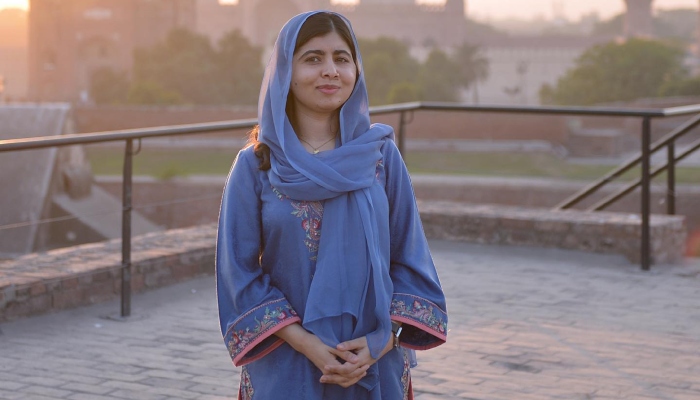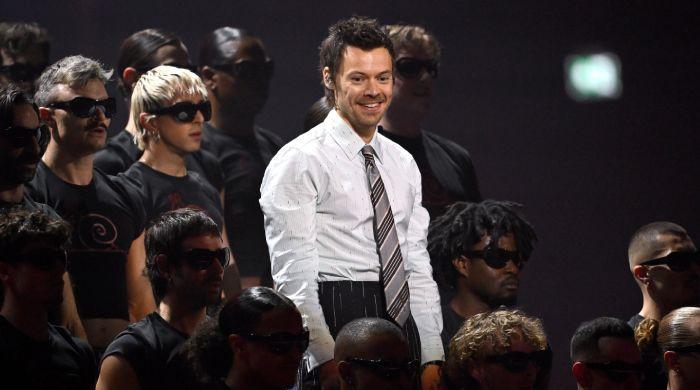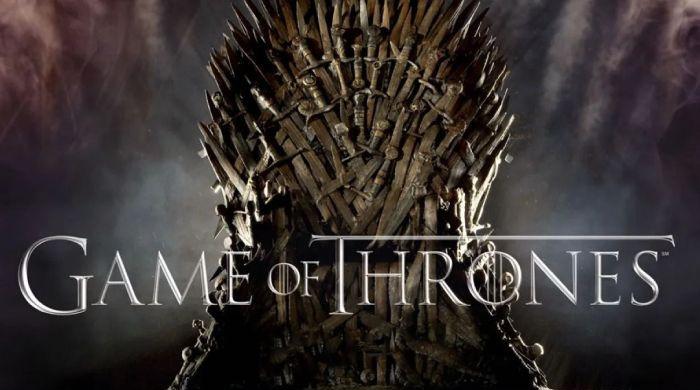Casting trans actor in 'Joyland' was critical: Malala
"I'm so grateful that Saim made sure the trans role was played by a trans woman," says education activist
March 04, 2023

Pakistan's youngest Nobel Prize Laureate Malala Yousafzai, who recently turned to filmmaking to share the untold stories, said that casting a trans woman in her movie Joyland was critical.
Malala is the executive producer of the Oscar-nominated movie Joyland. The movie featured a trans actor for the first time in Pakistan and highlights the issues of the underprivileged transgender community in the country.
The motion picture is directed by Saim Sadiq and portrays a love affair between a married man and a transgender woman.
"I'm so grateful that Saim made sure the trans role was played by a trans woman. This was critical," the activist said in a recent interview with SkyNews.
Malala said that everyone getting a chance to make it to the screen was a significant achievement for Pakistan.
"Everyone's story is important. Everyone's story deserves to be told by them. And a trans person should be given the rights that everybody else is given," she said.
She regretted that it was unfortunate that people talking about issues and such being presented on screens is unacceptable in society. "I hope that we challenge that," the activist added.
Malala's next step
Malala, who is also a women's and girls education rights activist, looks to create safe spaces for all women under her human rights mission.
The Nobel Peace Prize winner said that the "next phase" of her human rights work needed to include "storytelling".
"Activism needs to go beyond working for an NGO," Malala said, adding that other ways to challenge the social norms denying basic rights to women should be explored.
She said that the screen was a medium to connect with people and builds tolerance among people for others.
Joyland was released worldwide but banned by the censor board of Pakistan over “highly objectionable material”. The restriction drew severe criticism and support for the film, and after some edits and approval by the censor board, the film was released across the country.
While speaking to SkyNews, Sadiq said that the film "turned out to be a big act of resistance".











